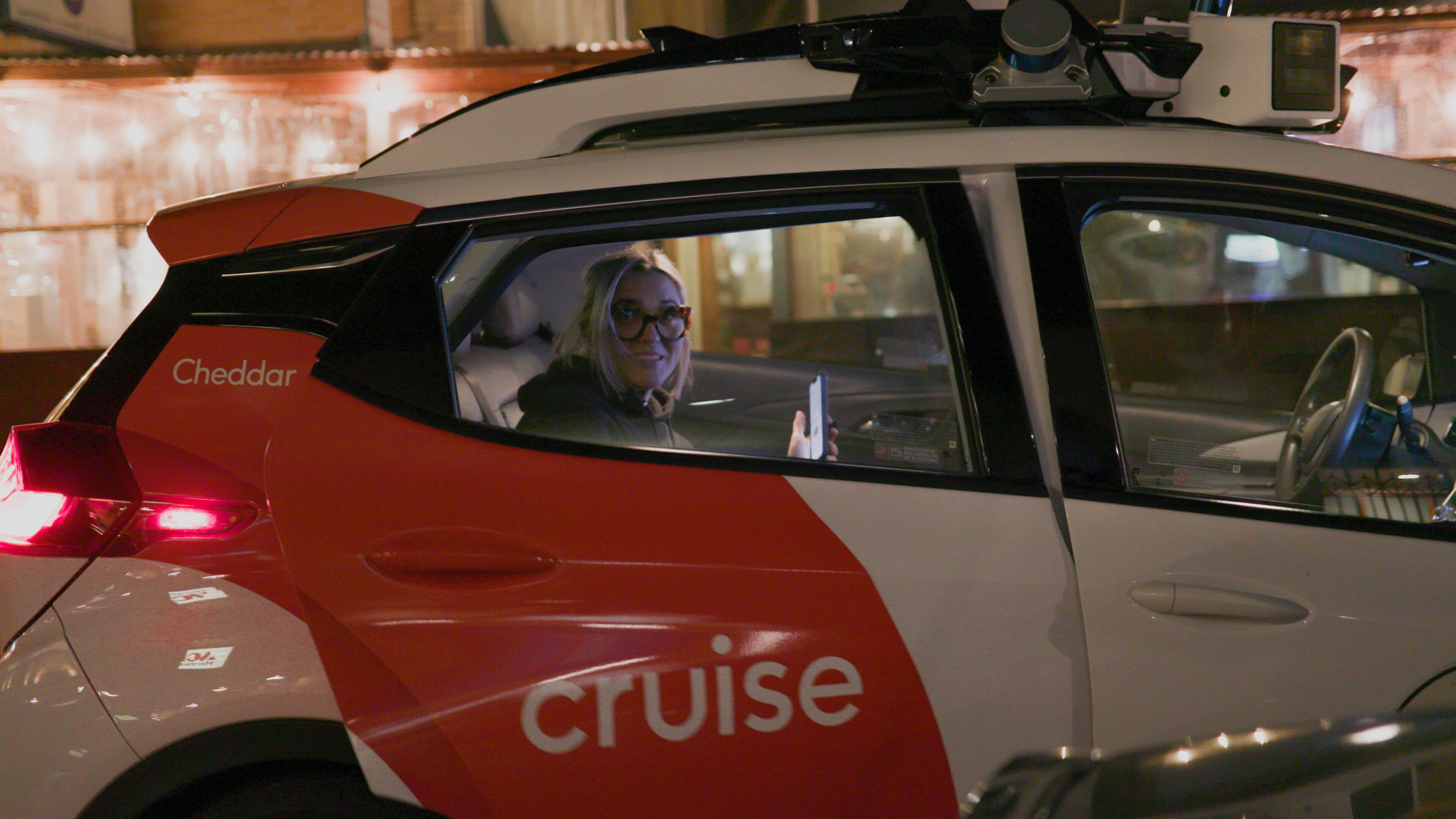According to a recent announcement by Cruise’s CEO, the robotaxi operator has launched nonstop operations in San Francisco, paving the way for the expansion of its full-scale robotaxi operations to other cities. The company is reportedly eyeing Dallas, Texas as its next potential location, as indicated by a recent job posting. Cruise, a robotaxi startup established in the San Francisco Bay area in 2013, has achieved significant progress in California with the backing of General Motors. Starting from San Francisco, Cruise has expanded its services to Phoenix, Arizona, and Austin, Texas. In February, the company announced that it had achieved a major milestone of one million miles driven without human intervention.
San Francisco has become a crucial testing ground for Cruise’s electric robotaxis due to its challenging hilly and congested terrain. The successful implementation of around-the-clock robotaxi operations will be another significant milestone for the company. As it continues to grow and expand, Cruise is expected to further revolutionize the world of transportation with its innovative and sustainable technology.
Cruise CEO Kyle Vogt recently announced on LinkedIn that the company’s robotaxi network is now offering 24/7 rides to employees across San Francisco, with plans to expand to the public “very soon.” However, non-employees are still limited to using the service in about one-third of the city between 10:00 p.m. and 5:30 a.m., as pointed out by The Kilowatts on Twitter.

Testing robotaxi
Vogt emphasized the implementation of safety policies while rolling out the public 24/7 rides. He also revealed that the same systems powering Cruise’s long-promised robotaxi, the Cruise Origin, are being used in San Francisco, with the launch of the Origin “just around the corner,” according to Vogt’s post.
The announcement marks a significant milestone for Cruise, which has been testing its robotaxi network for several years in San Francisco and other cities. The expansion of its 24/7 ride services to the public will be a crucial step in the company’s effort to scale up its operations and bring its technology to more people. With the deployment of the Cruise Origin robotaxi on the horizon, the future of transportation is looking increasingly autonomous and sustainable. He said, “Operating robotaxis in SF has become a litmus test for business viability. If it can work here, there’s little doubt it can work just about everywhere. You’ll soon see us open up full operations in other cities. The capabilities and machine learning systems we’ve built to handle things in SF have proven themselves in many other cities around the world.”
Expansion
Cruise, the San Francisco-based robotaxi operator, is expanding its operations to other cities, with plans to launch 24/7 robotaxi services in some of the cities where it currently operates. However, the company is also eyeing new markets, such as Dallas, Texas, according to a recent job description posted by Cruise. The company is looking for a deputy general manager and commercial operations for the Dallas market, indicating that entry into the city is imminent.
The job description outlines several responsibilities for the role, including the launch and rapid scaling of Cruise’s first driverless paid service in Dallas. The successful candidate will also need to strategically plan and complete staffing, facility, and hours of service expansion in a fast-paced scaling environment while establishing and driving the highest standards for driverless operations to ensure safe operations for riders and operations personnel alike. Cruise’s entry into the Dallas market would be a significant move for the company, which has been testing its robotaxi technology in San Francisco, Phoenix, and Austin. The expansion into new markets is crucial for Cruise’s growth, as it seeks to bring its technology to more people and establish itself as a leader in the autonomous vehicle industry. As the race to develop and deploy fully autonomous vehicles continues, Cruise’s focus on safety and its commitment to responsible deployment will be important factors in its success.











